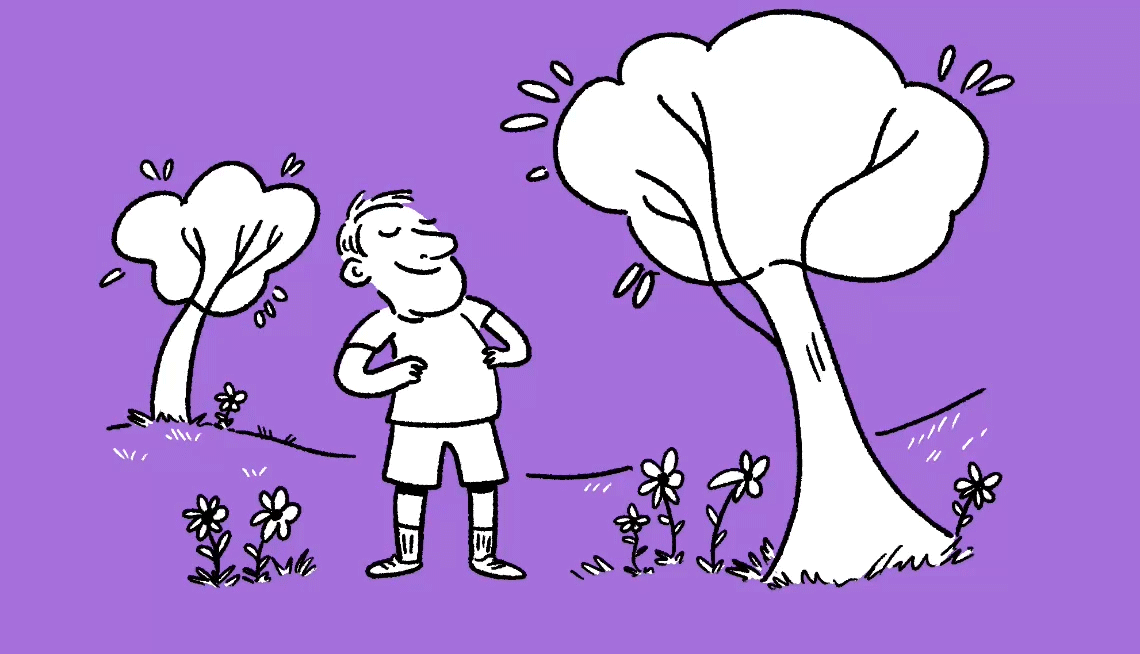AARP Hearing Center


I have seasonal allergies, and it feels like they’re getting worse every year. How can I get the symptoms under control so that I’m not miserable every time I have to leave the house?
While we love the lush growth triggered by spring, if you have seasonal allergies, enjoying yourself outdoors on high-pollen days can be difficult. You may be sneezing and sniffling, have itchy eyes, a runny nose, post-nasal drip, a sore throat or cough, stuffiness and fatigue. While it’s unpleasant, you’re certainly not alone in your misery. The National Center for Health Statistics estimates nearly 30 percent of Americans between age 45 to 64, and more than 26 percent of Americans between ages 65 to 74, have seasonal allergies. So, what’s going on?
Your immune system is mistaking pollen, those tiny particles released from trees, weeds and grasses, for a dangerous substance. In response, your body produces antibodies that detect the allergen, causing an inflammatory reaction and the release of a compound called histamine.
This reaction can worsen as you age, because, like the rest of your body, as we get older, our immune system changes. In this instance, it means an increased sensitivity to allergens. You may also be experiencing a decline in lung function, making it harder to clear allergens from your airways. Or, you may be dealing with asthma or emphysema, which can increase allergic reactions, particularly in older people. I also think it’s worth mentioning that as the environment changes and our planet warms, our growing seasons are longer. Because of this, more people are experiencing seasonal allergies.


Ask Dr. Adam
Adam B. Rosenbluth, M.D., is an internist and cardiologist in New York City. Each Monday, he’ll weigh in on your questions about how to make your body work better for you. His AARP book will be published in 2027. Join in on the conversation on social media @dradamrosenbluth to learn to move the needle on your personal health in an achievable way.
The good news is that there are actions you can take to help relieve your discomfort. First, I’d say don’t underestimate the value of meeting with an allergy specialist, or allergist. These are doctors specifically trained to diagnose allergies, asthma and other immune-system-related issues.
An allergist can pinpoint exactly what’s causing your immune system to overreact, often by giving you a skin prick test or allergy blood test. They can then offer treatments tailored to your particular needs. In some cases, allergy shots, also known as immunotherapy, can help to gradually reduce your sensitivity. These shots contain tiny amounts of allergens that work to trigger your immune system. Over time, your immune system gets used to the allergens and stops overreacting.




































































You Might Also Like
AARP Smart Guide to Seasonal Allergies
Explore allergist- and research-backed tips for staving off symptoms — and what's best to avoid
4 Hidden Allergy Triggers
Everyday items may be to blame for your symptoms
Is My Chronic Cough Reason to Worry?
A doctor explains the top reasons for a cough that won't go away